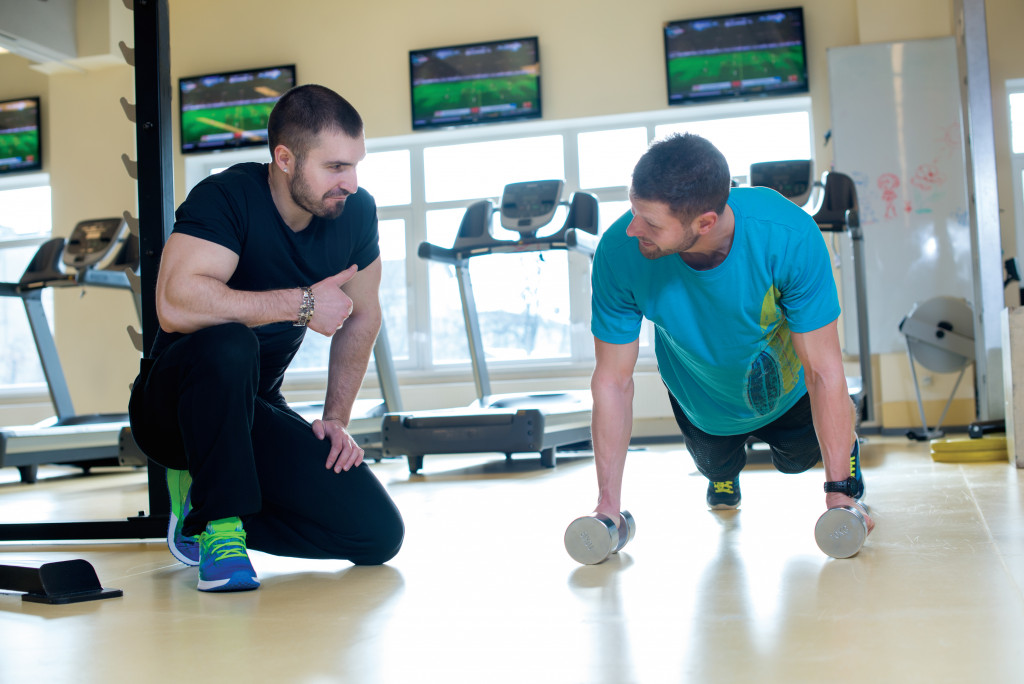- Wellness and recovery strategies are pivotal for achieving athletic success and unlocking athletes’ potential.
- Physical recovery strategies include nutrition, rest, injury treatment, and body rehabilitation for overall wellness.
- Mental recovery techniques involve stress management, goal setting, and supportive systems for optimal emotional health.
- Holistic wellness encompasses self-care, comprehensive recovery plans, and lifestyle integration for overall balance.
- Incremental lifestyle changes can lead to improved sleep, focus, and overall health in athletes.
The crucial role of wellness and recovery in athletic success cannot be overstated. For athletes aiming to achieve peak performance, it takes more than just hard work and talent. Optimal health, wellness, and fitness levels of the body and mind are essential.
Regardless of whether one is an amateur, semi-professional, or professional athlete, giving adequate attention to these crucial areas is paramount in unlocking potential and achieving goals. The relationship between health, wellness, and athletic performance is intertwined.
When athletes prioritize their overall well-being, they create a solid foundation for success. A healthy body and mind provide the necessary support for enhanced athletic performance. By nurturing physical and mental health, athletes can optimize their abilities and maximize their potential on and off the field.
Recognizing the significance of recovery is critical to maintaining long-term athletic success and achieving personal goals. This blog will explore different wellness and recovery strategies athletes can use to help keep their bodies and minds at their best.
Physical Recovery Strategies for Athletes
To achieve optimal performance and reach peak levels, preventing injuries becomes a crucial and indispensable component. Athletes should start with the following physical recovery strategies to promote overall wellness and prevent injuries:
Nutrition and Hydration
It is crucial to maintain a balanced and clean diet and hydrate appropriately for athletic performance. Carbohydrates, protein, and healthy fats are essential to fuel your body. Nutrient timing is also critical to maximize athletic performance, as athletes should have adequate nutrients before and during practice or matches to keep their bodies and minds performing at their best.
Rest and Sleep
Adequate sleep is the key to peak performance in the long run. Athletes need to sleep enough to help their bodies recover while improving focus, alertness, and concentration levels. Many recovery strategies exist, including massages, yoga, meditation, and adequate sleep, which provide effective relaxation to the body and the recovery of the mind.
Injury Prevention and Treatment
Injuries are a given in any sport, but how you treat and prevent them is essential for longevity and continued performance. To ensure proper recovery, it is crucial to seek sports injury treatment to address your specific needs and injuries.
By doing so, you can receive personalized care and targeted interventions that promote healing and optimize your rehabilitation journey. Taking the time to prioritize your well-being and seeking tailored treatment can make a significant difference in your overall recovery and future athletic performance.
Body Rehabilitation
Effective rehabilitation of injuries and pains can speed up recovery and get athletes back in the game in a shorter time. Rehabilitation strategies such as soft tissue therapy and injury-specific strength training can help athletes regain their ability to perform at full strength while minimizing injury recurrence.

Mental and Emotional Recovery Techniques for Athletes
Athletes must be mentally well to perform at their best in practice and matches. They need to develop coping mechanisms to handle stress, anxiety, and other emotional challenges that come with being an athlete to stay competitive, such as:
Stress Management and Mindfulness
Mindfulness, yoga, and meditation are emotional wellness strategies that help athletes center themselves and relieve emotional stress. When athletes learn to control their breathing and calm their minds, they can better navigate their emotions.
Goal Setting and Motivation
Athletes must have goals, especially if they want to stay motivated. Coaches and trainers must assist athletes in developing practical goal-setting strategies to stay motivated, remain disciplined, and boost their confidence. As a team, setting collective goals that rally the players together positively can give rise to practical results.
Support Systems and Mental Health
Athletes can seek help and support from therapists, coaches, and fellow athletes to build a sound support system and maintain their mental health. Building relationships with others in the same field can help create an accountability structure that can drive growth and positivity.
Holistic Wellness and Recovery for Athletes
Holistic wellness and recovery involve considering all aspects of one’s life and implementing strategies that provide health and balance. The following helps athletes achieve peak performance and maintain longevity in sports, which translates into longevity:
Self-Care and Regeneration
Self-care and regeneration techniques such as acupuncture, breathing techniques, and other relaxation activities help release tension, reduce stress, and improve overall well-being. Athletes who schedule self-care and regeneration activities during their off days and rest days recover better and faster compared to those who don’t.
Comprehensive Recovery Plans
Comprehensive recovery plans involve integrating all or most wellness and recovery strategies listed above into one personalized plan. These plans take into account the specific needs of the athlete to help recover effectively from injuries, handle stress, and maintain peak performance for each training plan.
Lifestyle and Wellness Integration
Lifestyle and wellness integration refers to integrating strategies into one’s daily life, such as maintaining a balanced diet, practicing yoga daily, and creating a regular bedtime routine. These incremental lifestyle changes tend to become a habit and can lead to better sleep, improved focus, and overall wellness.

Athletes must maintain top health and wellness to perform at their best, no matter the stage of their athletic journey. Done correctly, you can create a personalized fitness and recovery plan that fits your specific needs to help you unlock your potential and achieve your goals.
